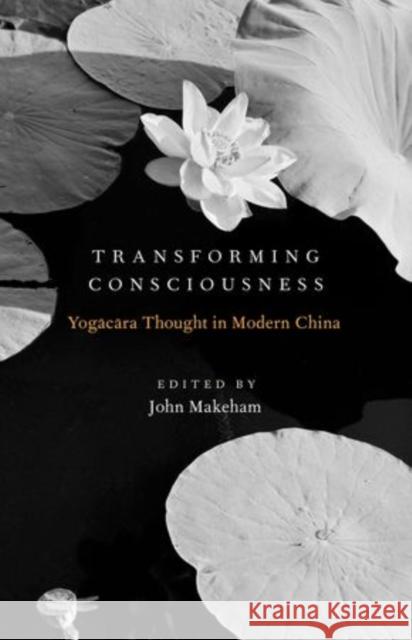Transforming Consciousness: Yogacara Thought in Modern China » książka
Transforming Consciousness: Yogacara Thought in Modern China
ISBN-13: 9780199358137 / Angielski / Miękka / 2014 / 464 str.
Yogacara is one of the most influential philosophical systems of Indian Buddhism. Competing traditions of Yogacara thought were first introduced into China during the sixth century. By the Yuan dynasty (1271-1368), however, key commentaries of this school had ceased being transmitted in China, and it was not until the end of the nineteenth century that a number of them were re-introduced from Japan where their transmission had been uninterrupted. Within a few short years Yogacara was being touted as a rival to the New Learning from the West, boasting not only organized, systematized thought and concepts, but also a superior means to establish verification.
This book accomplishes three goals. The first is to explain why this Indian philosophical system proved to be so attractive to influential Chinese intellectuals at a particular moment in history. The second is to demonstrate how the revival of Yogacara thought informed Chinese responses to the challenges of modernity, in particular modern science and logic. The third goal is to highlight how Yogacara thought shaped a major current in modern Chinese philosophy: New Confucianism. Transforming Consciousness illustrates that an adequate understanding of New Confucian philosophy must include a proper grasp of Yogacara thought.











